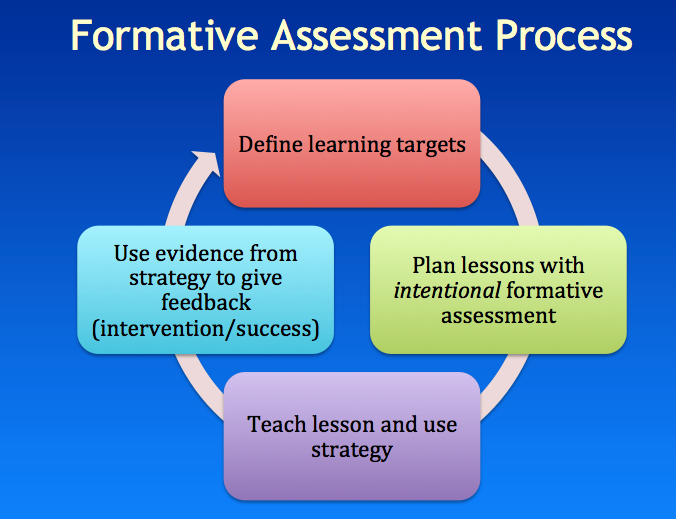The origins of this idea, attributed to William Farish, seemed innocent enough--find a way for teachers to teach more students. But what it did, instead, was to separate the important student-teacher relationship that had symbolized teaching for most of the 10,000 years prior.
It would be fair to say that grades have overtaken the main purpose of schooling--which is to learn. Of course this is not true for all students, but when students complain about academic performance, their complaint is much more commonly about their grade than about the learning that did or did not take place.
Parents tell their children to get good grades rather than to learn a lot. And when grades are low, discussions about how grades are determined and how these grades will affect course placement and/or college acceptance are the paramount concern over and above the concern that students are learning well enough. More often than then not, the concern over learning is never brought up when grades are low.
Dr. Justin Tarte talks about grades a lot in his blog Life of an Educator by Dr. Justin Tarte. He points out many pitfalls that our educational system has fallen into when it comes to grades and grading. Starr Sackstein is another blogging star of mine who has discussed grades and grading recently. Clearly the effects of The Grading Monster are well known by educators and maybe, just maybe, we will begin to see this monster lose her strangle hold on our educational system.
 My thoughts on defeating this monster include the more common use of true formative assessments in our classrooms. My definition of "formative assessments" is assessments and activities that provide to students and parents (and teachers) information on how well the students are learning. Notice that I included the "activities" in this definition--as formative assessments don't have to be tests and quizzes. In fact, I would advocate that most of the time formative assessments are not tests or quizzes.
My thoughts on defeating this monster include the more common use of true formative assessments in our classrooms. My definition of "formative assessments" is assessments and activities that provide to students and parents (and teachers) information on how well the students are learning. Notice that I included the "activities" in this definition--as formative assessments don't have to be tests and quizzes. In fact, I would advocate that most of the time formative assessments are not tests or quizzes.If we can emphasize the idea of learning and of measuring learning and de-emphasize the idea of getting-good-grades, we can defeat The Grading Monster and win back our schools for their true purpose--learning.



